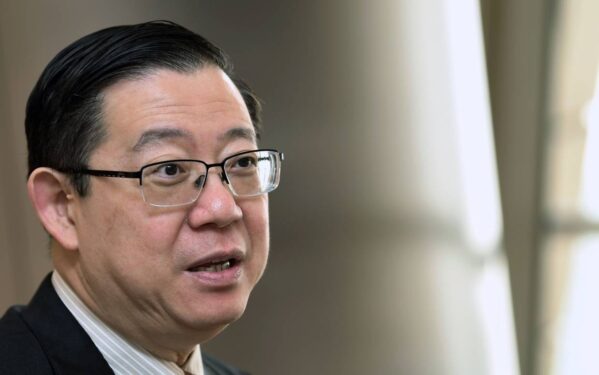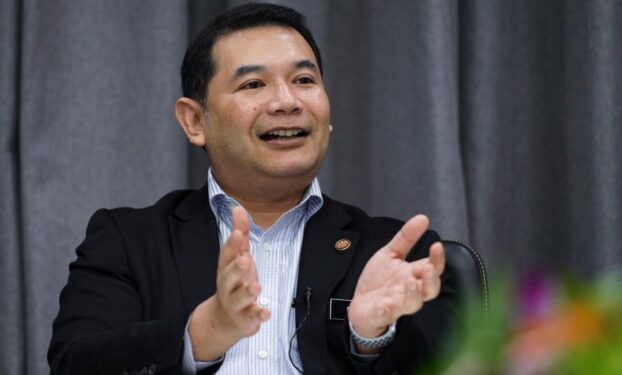By Mariam Mokhtar
LAST month, many articles were published about Malaysian expats who had excelled in their particular fields; Penang teenager, Celine Chung, wanted to play football and is now training with the U-17 Bayern Munich Women’s team; Alor Star’s Jocelyn Yow has become the youngest mayor of a small town in California; and 60-year-old Sam Lim, formerly from Muar, has won an award for the best policeman of the year in Western Australia.
The nationalist cybertroopers were out in full force. One said, “Good riddance. Hope more pendatangs leave.”
Perhaps, these nationalists need a lesson in what makes many pendatangs more successful than some Malays.
Success comes from the pendatang’s personal drive, ambition, tenacity, hard-work, commitment, discipline and dedication to duty. Many non-Malays are sidelined and overlooked despite their patriotism.
Sam Lim, who used to be a policeman in Muar back in the 1980s quit because of the poor career prospects. In Australia, his command of many languages – Malay, Indonesian, English, and various Chinese dialects – enabled him to integrate with the migrants in Australia and explain the laws of the land.
I had many friends at school, whose fathers served in the armed forces. Many migrated because, like Lim, they found that they were not promoted; whereas, junior Malay officers with fewer years of service and experience were promoted beyond their capabilities.
These non-Malays felt unwanted, unrecognised and unappreciated. Some had served during the Emergency and were as patriotic as any Malays. The affirmative action policies are depriving Malaysia of many talented individuals. Our loss is the gain of other countries which happily adopted these Malaysians.
Kepong MP, Lim Lip Eng, has praised the success of these Malaysians and encouraged the young graduates who are currently residing overseas to return and serve the people and the nation.
He urged them not to give up on Malaysia, but to fight for the ideals that they believe in, and turn the nation into a better country for all.
Lim should realise that it is easier said than done. Many of the people who left did so reluctantly because they were denied opportunities such as in education and they didn’t want to suffer like their parents at the hands of the affirmative action policies where less qualified people were able to get scholarships or jobs.
Fear abound
On the other hand, non-Malays were criticised for being unpatriotic if they refused to join the armed forces. Many found that it is who you know that counts and not meritocracy.
Many young graduates also wonder how their own children would fare when they start a family. Will their children also be sidelined like them and their parents?
Racism and bullying is rife in many government schools. The quality of teaching is poor. At times, speaking English may land a pupil in trouble. They may be accused of wanting to show off or being unpatriotic. Only few can afford to send their children to international schools.
Meanwhile, the returning graduates will also wonder about personal safety. If people like Pastor Raymond Koh can disappear without a trace, what does that say about the security of the nation? If children can be kidnapped by their own convert fathers – and the police have no clue as to their whereabouts – people will be concerned.
Furthermore, they would have heard about dress codes and that non-haram items are banned in some shops, and will wonder whether they will be living under an authoritarian regime. Why should they return to these uncertainties?
Also, they would have read about police reports being filed against some university students for wanting to debate the role of certain individuals in the nation. They will also wonder how stunted their children’s mental development will become with affirmative action policies.
I am sure that they do not want their children to remain second class citizens and be denied of any opportunities.
Unless the Opposition politicians can get their act together and reverse many of the unsettling trends with respect to race and religion in the country, it is doubtful that many graduates will want to return.
In fact, it is not just the non-Malays who stay away; for several years, many Malays have also decided that they have had enough of the stifling race baiting and religious extremism in country.
Despite the 14th general election (GE14) in 2018 gave to many of them hope, however, they have re-considered their decision to return 22 months later. – Jan 22, 2021
Mariam Mokhtar is a socio-political commentator.
The views expressed are solely of the author and do not necessarily reflect those of Focus Malaysia.










